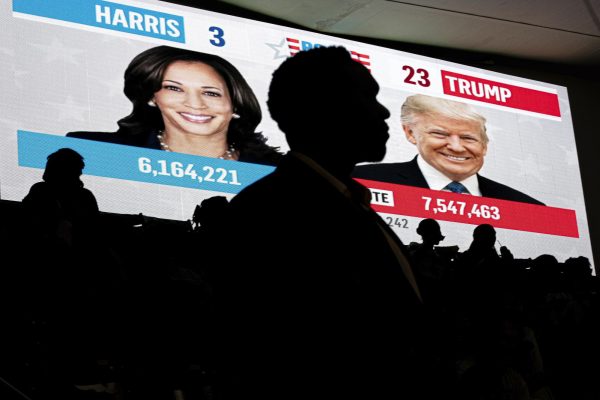China, Iran and a Second Cold War
The summer of 2019 may or may not have been one of the most quietly impactful points since the fall of the Soviet Union. If we’re particularly unlucky, it may have well been one of the most quietly impactful points since the rise of the Soviet Union. Two separate but interconnected events made the trendlines of the last few years startlingly clear — the moment that we came within a hair of declaring war on Iran and our absolute and utter impassivity to China recreating Tiananmen Square with its nominally autonomous and British-connected Hong Kong subjects.
If you (understandably) haven’t been paying attention to the news over the last few months, the Trump administration’s war hawk lobby has been aggressively pushing for yet another Middle Eastern war, this time with Iran, after a series of skirmishes over civilian oil tankers in the Persian Gulf. What differentiates this new war push from the depressingly routine American dance of the last two decades of invading an oil-rich Middle Eastern nation and burning it to the ground — or, more often, losing thousands of American lives in the attempt — is that Iran is fully and loudly backed by the emerging axis of Russia and China. And although whether or not war with Iran will go through in the end, it increasingly seems like the actual effort of provoking the Iranians, if it is not just another nonsense move by the increasingly incoherent administration, is to get at the Chinese; geopolitical plays that haven’t been seen since the 1980’s.
Considering the utterly limp response of the U.S. and EU to China moving military troops in to brutally “pacify” the Western-friendly Hong Kong, it seems increasingly as though this is the case. Animosity between the U.S. and the emerging superpower of China hasn’t been much of a secret, and in the light of China’s increasingly aggressive stance towards the West, from planting open surveillance in the Pentagon to active economic sabotage in telecommunications and heavy industry, it seems like U.S. strategic policy is increasingly tending towards a redux of the 60-year game that left our parents and grandparents uncertain about whether or not the USSR or U.S. would press the big red button and end the world at any moment.
Perhaps there simply was no other way to deal with the situation. It’s clear that China and the U.S. have been on a collision course since the fall of the Soviet Union; China was, of course, on the USSR’s side during the Cold war, even if they had their own disagreements. But it is nothing short of infuriating to see the world descend to re-entry into another nuclear cold war, standing idly by and prodding at non-nuclear allies as China imposes totalitarian rule upon its Hong Kong subjects. But if outright war with a nuclear-armed power such as China is not an option, then what else can we do but buckle our seatbelts and prepare for another 60 years of the great game of geopolitics — except hope that somehow, we’ll all survive this time around too?









